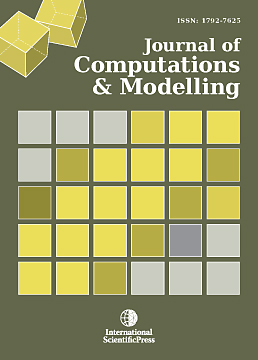Journal of Computations & Modelling
The Quantum Theory in Decision Making
-
 [ Download ]
[ Download ]
- Times downloaded: 11312
Abstract
Humans do not always make the most rational decisions. As studies have shown, even when logic and reasoning point in one direction, sometimes humans “walk” to the opposite route, motivated by personal bias or simply "wishful thinking." This paradoxical human behavior has resisted explanation by classical decision theory for over a decade. Scientists have shown that a quantum probability model can provide a simple explanation for human decision-making. In military, decision-making process is considered to be the most neuralgic one. With the recent interest in quantum computing and quantum information theory, there has been an effort to recast classical game theory using quantum probability amplitudes, and hence study the effect of quantum superposition, interference and entanglement on the agents’ optimal strategies. Apart from unsolved problems in quantum information theory, quantum game theory and decision –making, may be useful in studying quantum communication since that can be considered as a game where the objective is to maximize effective communication. This paper discusses the idea of using quantum theory to decision making.
